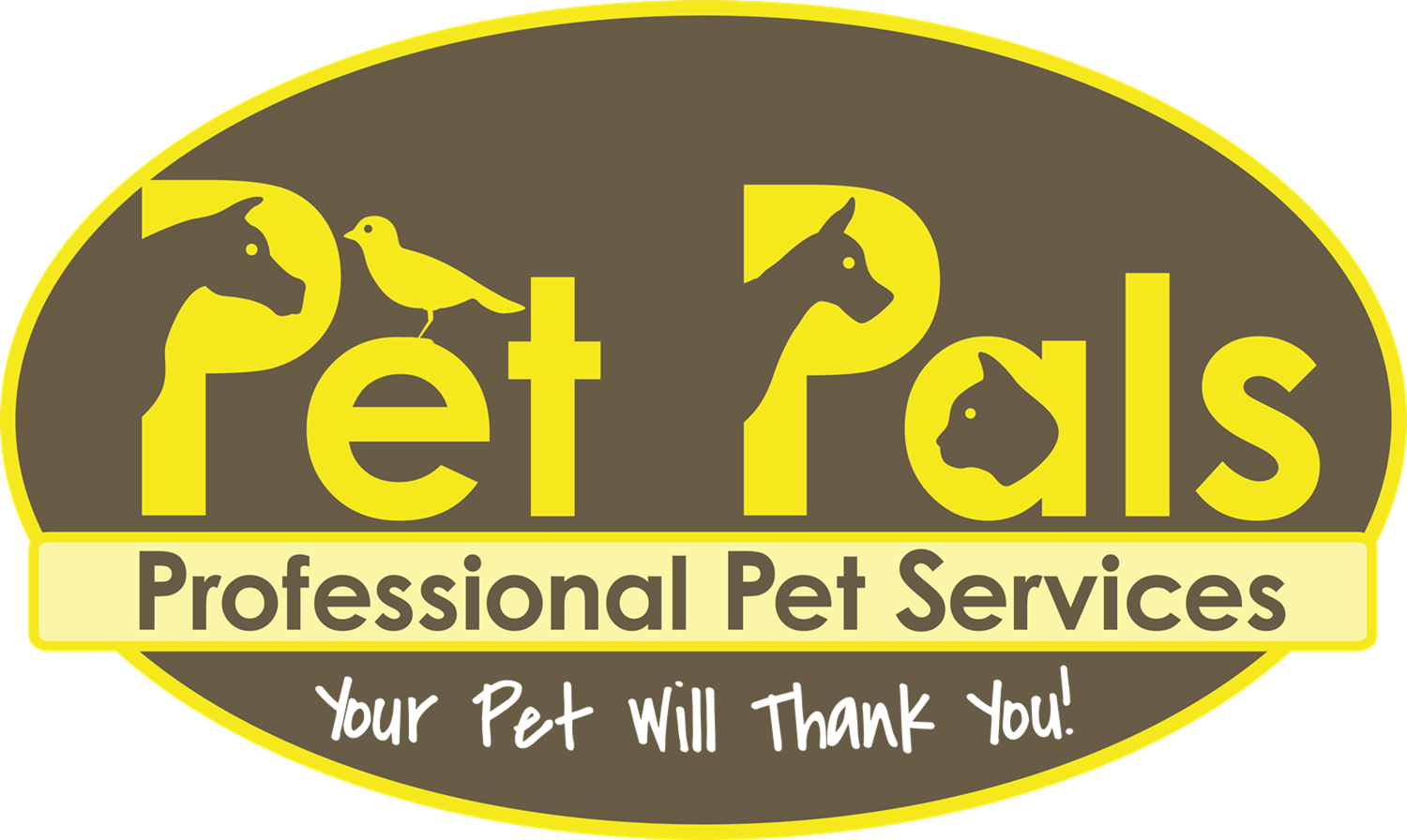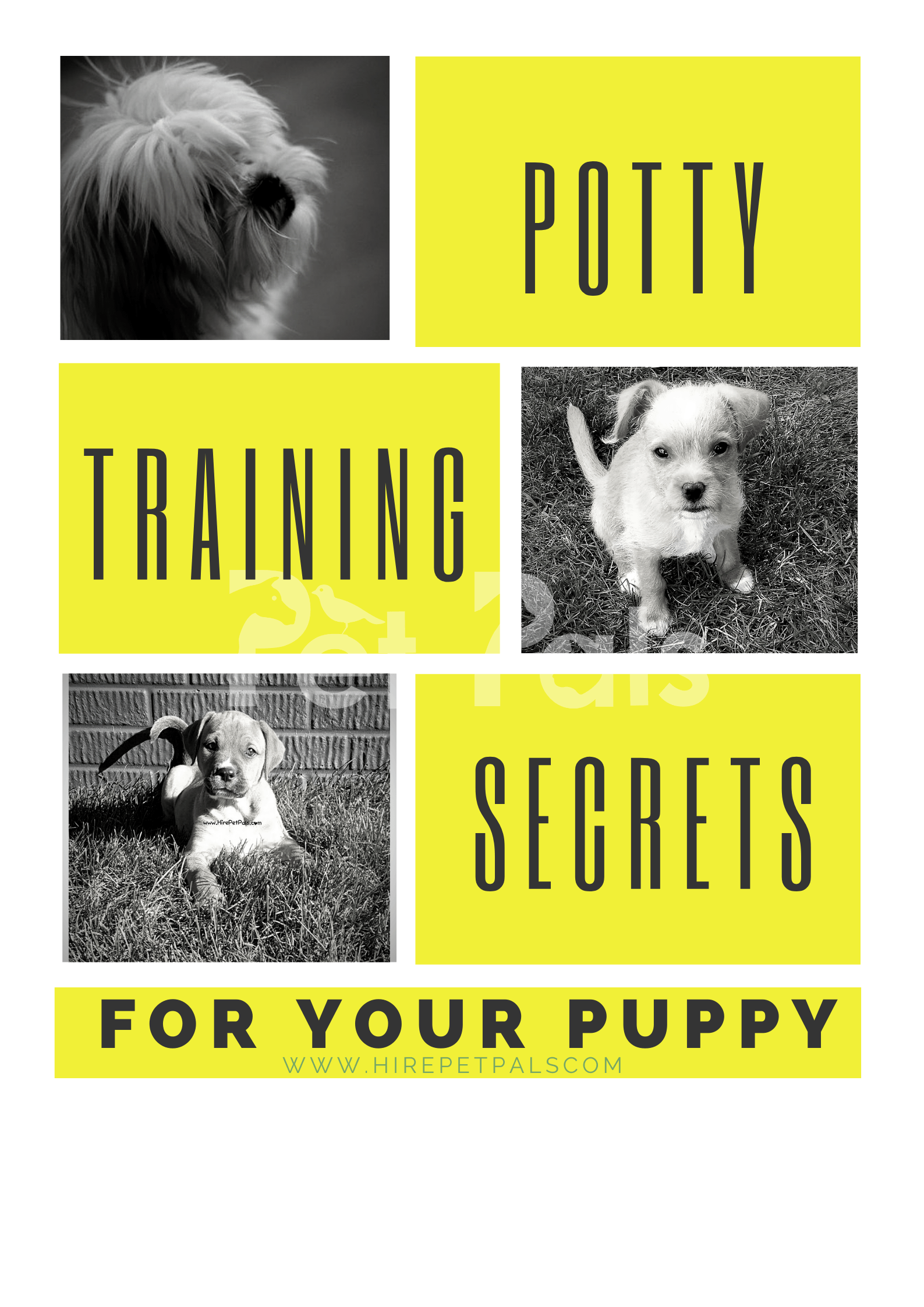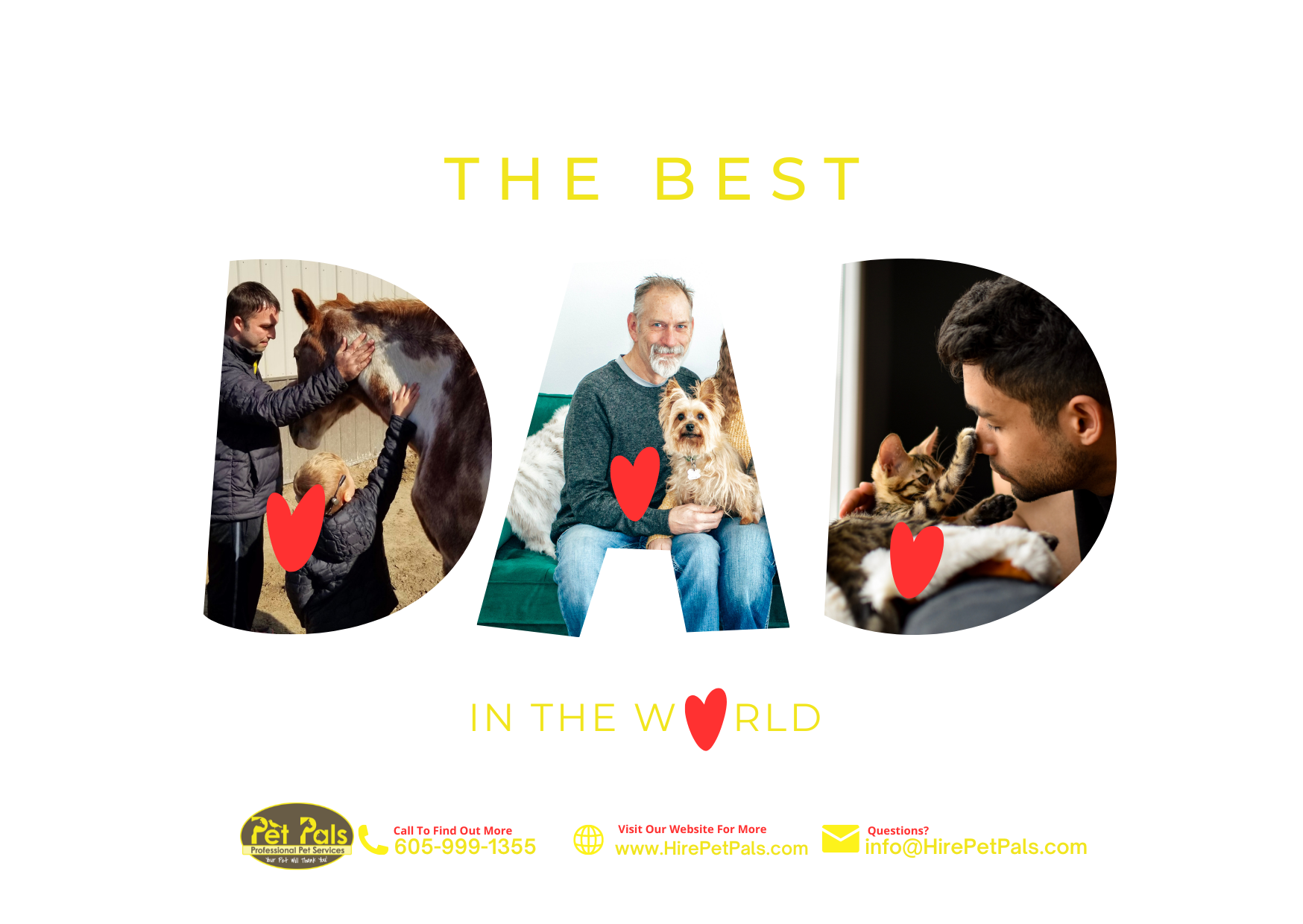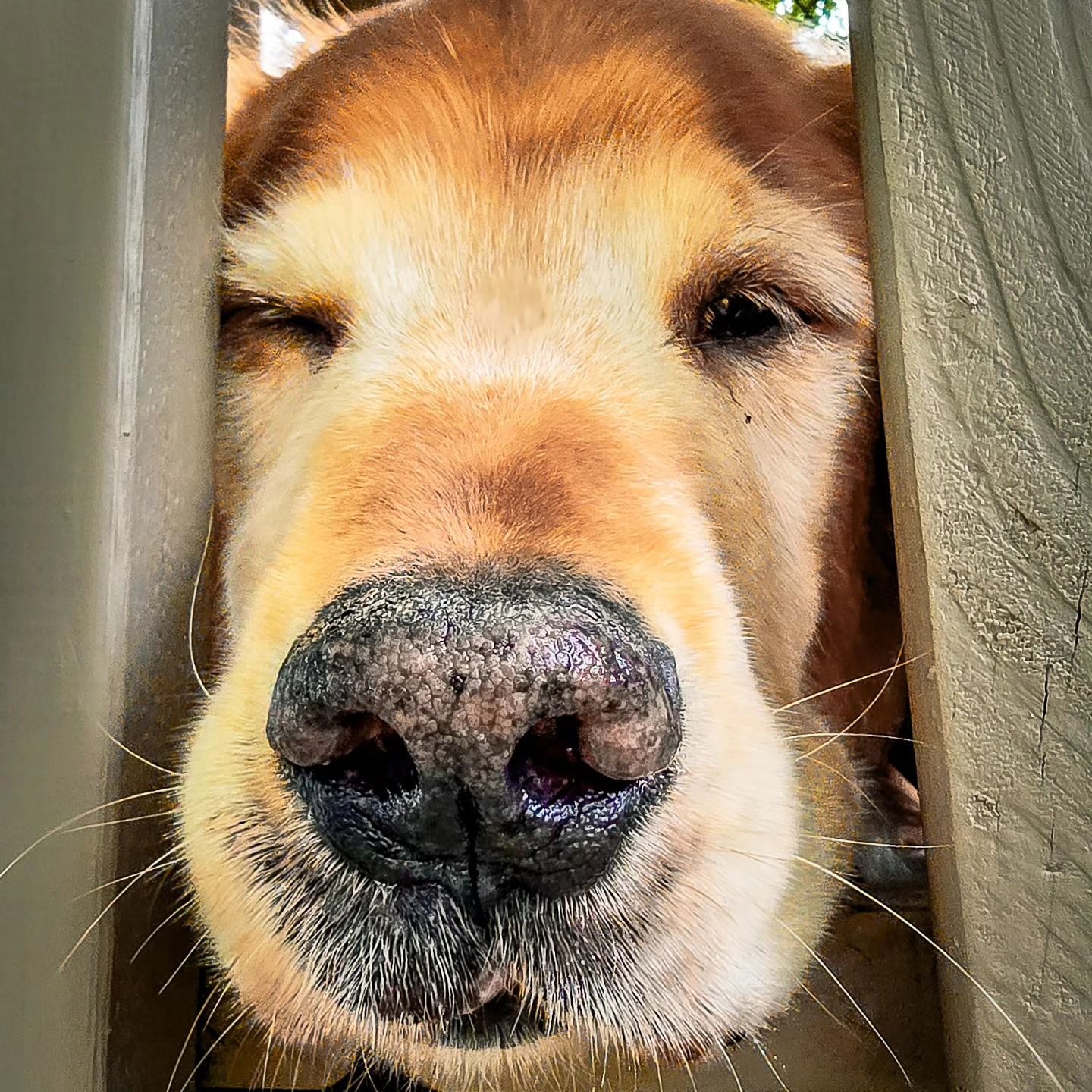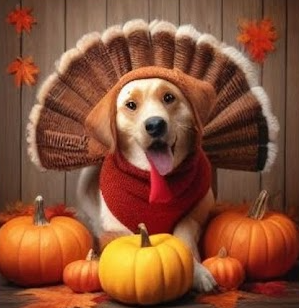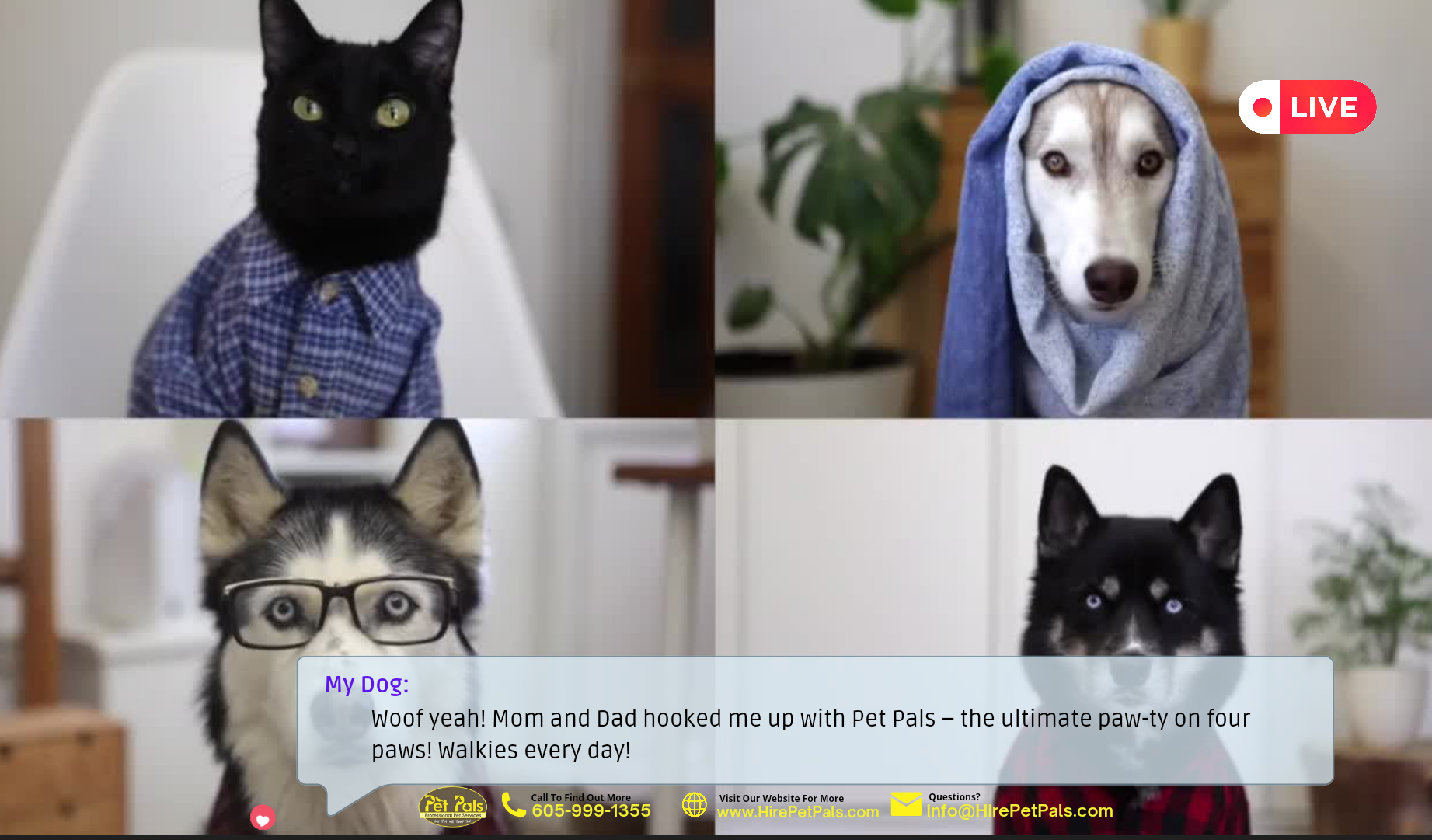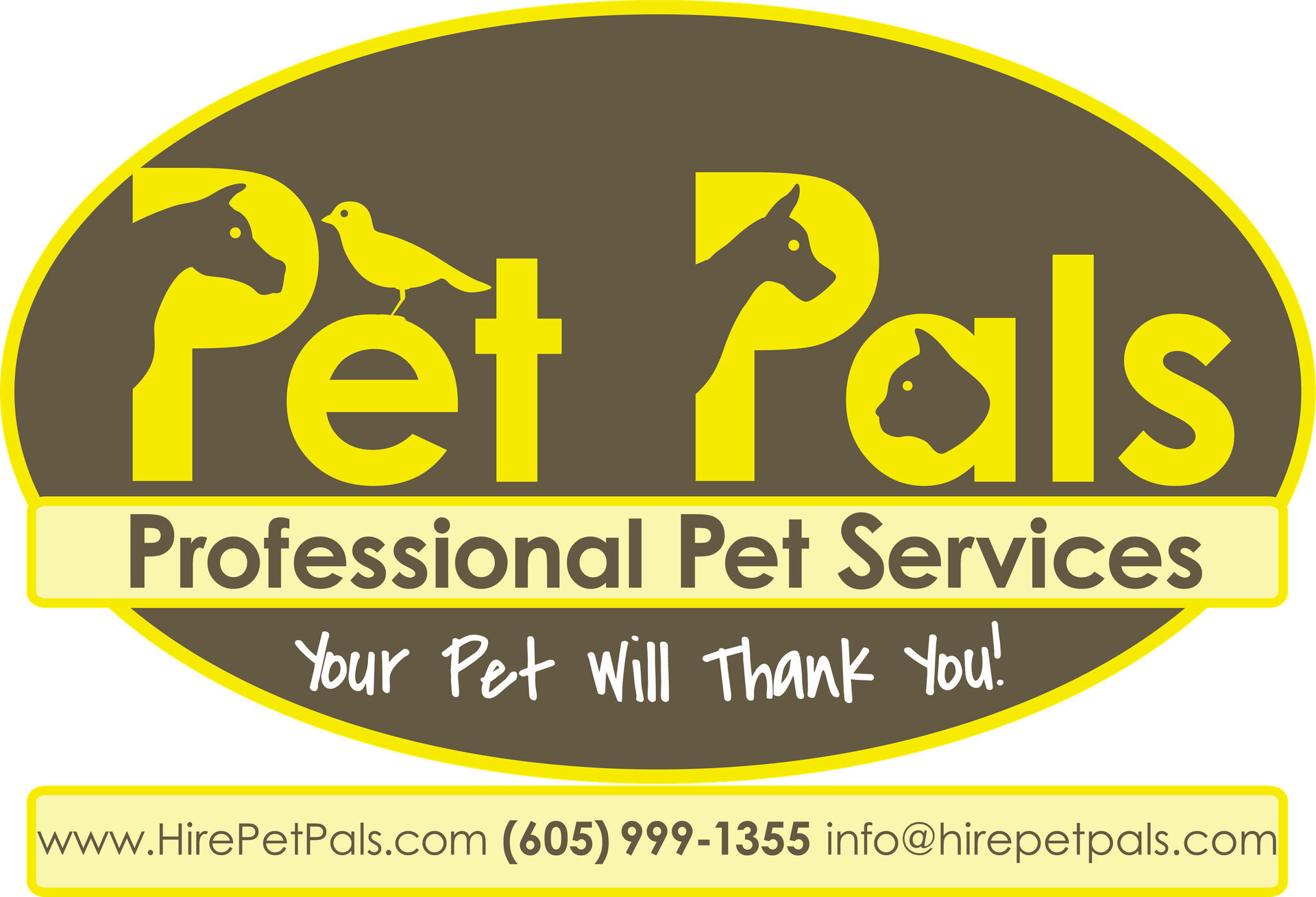Secrets to Potty Training Your Puppy!
Top best kept secrets! Pet Pals Dog Mentorship programs shares!
Potty training a puppy is extremely tiring, I’m not going to lie. But I promise it gets easier. You might find yourself questioning why you decided on a puppy to begin with — trust me, we’ve all been there. But after the first week you’ll be able to relax a bit more, and you’ll start to see how well your consistency pays off.
The first week is where you’re going to be watching your pup like a hawk, making sure you intervene before any accidents happen.
During the first week you’re going to need to be aware where your pup is at all times.This information is also helpful for a puppy that is just not getting potty training. You both can reset and follow the secrets below!
1. Pay Attention to Your Puppy At All Times
A quiet puppy is trouble, or so the saying goes. Whether he’s getting into the garbage, eating your new shoes or pooping over in the corner — a quiet puppy signals trouble. If you want to prevent accidents before they happen you’re going to need to watch your pup at all times, including every time they wander off. It only takes one accident to set your training back. Now I know that watching your puppy non-stop isn’t exactly fun & exciting, but being able to catch them before they have an accident is why this method works so well. If you’re like many and have trouble keeping up with your pup at all times try using a tether. You can buy a tether from the pet store or simply use a long lead or leash. If tethering your pup to you at all times is what it takes to make sure they’re not sneaking off then go for it. If you’re not keen on keeping your dog tethered you can use baby gates or closed doors to restrict your dogs access to the whole house.
2. Don’t Leave Your Puppy Unattended
Did I mention the importance of not letting your dog out of sight? I did, but this part is so important I need to mention it twice. Your job when house training is to be there to prevent accidents before they happen. You know when your dog is going to have an accident? The moment you’re not looking. There’s not much you can do that makes sense after your dog has had an accident — and you’ve missed out on an important training lesson. Don’t punish your dog if they pee inside. Regardless of all those old training ideas punishment isn’t a good deterrent for house training. Yelling at your dog after the fact just confuses them and makes them nervous around you. If you catch your did in the act you can try to get their attention & move them outdoors. If you’re successful & they continue going once you get outside praise them like crazy. Your pup is going to have an accident or two in the house – there’s no getting around it. What you can do is prevent them from having more by being proactive. Keep them in your sight at all times and take them out every time they start to wander off, smell the ground, or circle (3 big keys your puppy has to eliminate.)
3. Let Your Dog Out Once Every Hour or Two
Letting your pup outside every hour or two gets old, but it’s the simplest way to prevent accidents from happening. If you’ve ever wondered why some people choose to get new puppies during the summer or when they’re on vacation it probably has to do with potty training. If you’ve house training a dog before you know how much time & commitment it takes. Sometimes your dog might not pee outside and that’s OK. An unproductive outside time is better than an accident indoors. Let them wander around a little bit & head back inside. Though most dogs can handle sleeping through the night without accidents keep in mind that their bladders are awfully small so if you can avoid sleeping in I’d do so. Most puppies just can’t hold it for that long. To prevent overnight accidents make sure your pup has peed before bedtime.
4. Praise Your Dog Like There’s No Tomorrow
Every time your dog pees or poops outside it needs to be celebrated. Give them baby talk or a treat, jump up & down, pat their little heads & remind them of how brilliant that decision was. Yes it might look silly, but your pup needs to know he’s done the best thing ever. When you consistently praise your puppy for going potty outside they’ll start to understand that it’s the correct decision, and one that leads to super fun happy time. And when it comes to praise don’t underestimate how motivating it is when it comes to getting your pup to repeat desirable behaviors. Using praise is a clear way to tell your dog that they’re doing the right thing at the right moment, and with repetition they’ll start thinking “I should go potty outside because that makes everyone happy.”
**Don’t get lazy with the praise during the second week. You want your dog to be the proudest creature on earth every time he pees or poops outside. Yes it seems silly after a while, and maybe even a little creepy if your dog stares at you while doing their business – but rest assured, you’re getting the message across. At this point to you can even add a command to the deed - "Go Potty" or "Go Poopy" whatever you want to call it (keep it short). That way, when you are on vacation and/or in unfamiliar territory you can help your dog understand what they should do and "go potty'!!!
Let your dog know that peeing & pooping outside is awesome, and that all sorts of great things come to pups that do awesome things.
Though it differs by each individual dog this is the time when most will come up with their own little way of letting you know they’ve got to go. It might be crying at your feet, ringing a bell you’ve set up or waiting at the door — just be sure to pay attention to these signals & follow up. Once your dog knows how to get your attention when he’s got to go you can relax a little and congratulate yourself on a job well done.
If your dog isn’t giving you an obvious signal that they need to go out (like whining at the door) I suggest teaching them to ring a bell when they need to go outside. Some of the other signs dogs give that they need to go out such as pacing around or circling can be easy to miss if they’re in another room, which is why a noise based signal such as ringing a bell can make things easier.
Make Sure to Clean Up Accidents Thoroughly
Accidents will happen, and it’s important to clean them up thoroughly. Dogs are attracted to spots that they’ve used previously, and remember that their sense of smell is way better than ours. Pet urine can be hard to get out, and not all household products will effectively remove odors. If your dog keeps going in the same spot chances are some of that smell has been left behind. You can opt for a product that’s formulated for removing pet urine odors & stains.
Be Realistic About How Long Your Puppy Can Hold it For
Young puppies can’t hold their bowels & bladders for long. If you come home to find that they’ve had an accident in there it’s quite possible that they can’t hold it that long. Generally puppies can hold their bladder for about one hour per month of age. So your 3 month old pup can probably only hold their bladder for about 3 hours. If you’re going to be away at work for long periods of time Hire Pet Pals to let your pup out during the day.
Reminders:Never punish your dog for an accident. Do NOT rub his/her nose in, yell, or get mad.
Reward your dog generously for going outside (or potty place)!This can not be underestimated as one of the biggest factors in helping a puppy understand how great it is when they potty in the right spot.
Clean up accidents immediately.
NEVER leave your potty training puppy unsupervised. An accident is your fault not theirs.
Immediately after eating, playing, or sleeping you should take your potty training puppy outside to eliminate.
Young puppies before they have bladder control may have to potty as much as every 20-30 mins, so keep this in mind!
Young puppies will often need a bathroom break in the middle of the night between midnight and 3-4pm.
Tell-tale signs that a puppy may have to potty:If a puppy dips their nose to the floor and wanders away from where the activity is happening in the house or circling in one spot.
How long can my puppy hold it - Quick Guide:
2 months old - around 2 hours
Each additional month add 1 hour
6+ months old - 4-6 hours
For additional help, contact Pet Pals Dog Mentorship Program!
